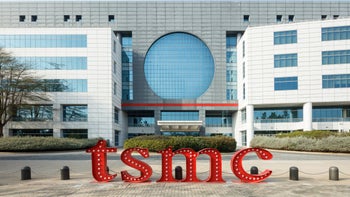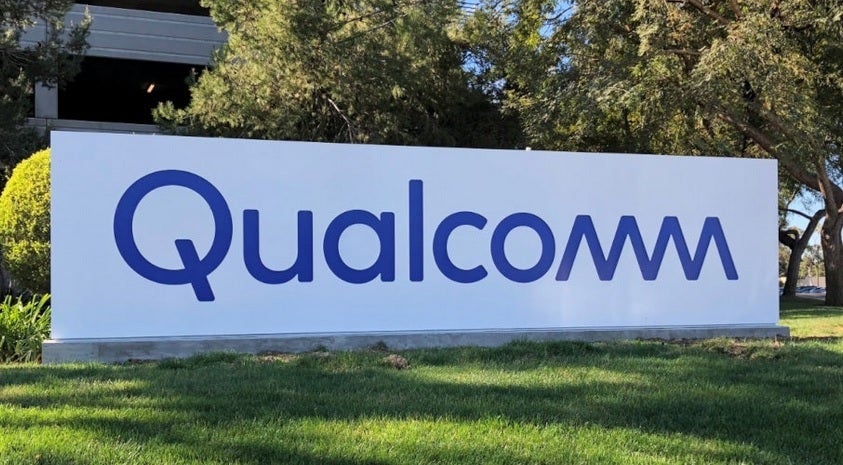New report contradicts previous rumor: Snapdragon 8 Gen 4 SoC to be built by TSMC only

After losing the job of building the Snapdragon 8 Gen 1 chipset to TSMC in 2022 because of its low yield rate, Samsung Foundry improved its performance so much that this past April a report said that Qualcomm was reportedly considering using both TSMC and Samsung Foundry to dual-source the Snapdragon 8 Gen 4 SoC for next year. But in August, one tipster said that all Snapdragon 8 Gen 4 application processors (AP) would be produced by Samsung Foundry using its more advanced 3nm Gate All-Around (GAA) process node.
Unlike TSMC's FinFET transistors used with its 3nm process node, the GAA transistors used by Samsung include vertically placed horizontal nanosheets that allow the gate to surround the channel on all four sides (it's only three sides with FinFET). This helps reduce current leakage and increases the drive current resulting in better-performing chips that don't consume as much energy. TSMC won't be switching to GAA transistors until it starts producing chips at 2nm.
Today, we have a new rumor to pass along. To recap, thus far we have heard that the Snapdragon 8 Gen 4 SoC will be dual-sourced. Then we heard that Samsung Foundry would get the job. Now, Taiwan's Tech News (via AndroidAuthority) says that TSMC will get the nod from Qualcomm to be the lone manufacturer of its next flagship AP, the Snapdragon 8 Gen 4. Supposedly, the chip will be produced using TSMC's 3nm process node.

Qualcomm is still thinking about dual-sourcing its flagship AP but not until 2025
San Diego-based Qualcomm has plenty riding on the Snapdragon 8 Gen 4 chipset. It will be the first to sport Qualcomm's custom Oryon cores so you know that there are going to be plenty of eyeballs looking at Geekbench results to see how the AP performs regardless of which foundry the component is coming from.
For you dual-sourcing fans out there (and we know that you're out there...somewhere), the good news is that Qualcomm hasn't given up on having both TSMC and Samsung Foundry build its flagship AP. Tech News says that dual-sourcing has merely been pushed back to 2025 for the production of the Snapdragon 8 Gen 5 AP.
If you're wondering whether dual-sourcing has been used to produce chipsets for a major smartphone before, in 2015 Apple dual-sourced the A9 SoC from both TSMC and Samsung for the iPhone 6s and iPhone 6s Plus. The chip was made by Samsung Foundry using its 14 nm FinFET LPE process and by TSMC on its 16 nm FinFET process.










Things that are NOT allowed: